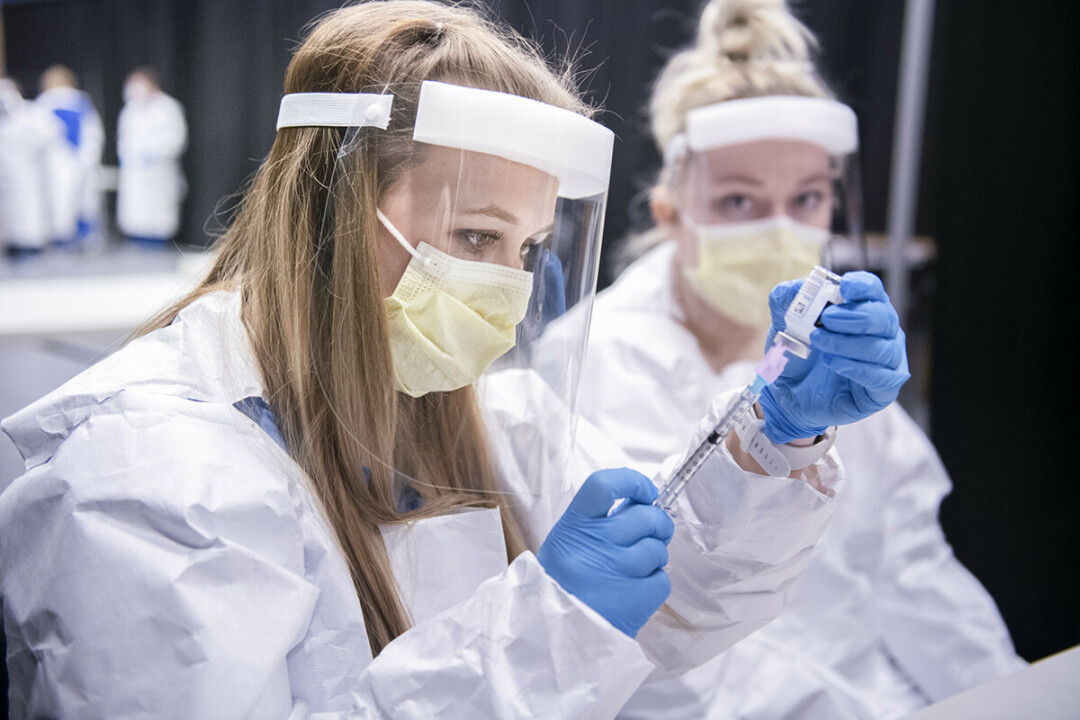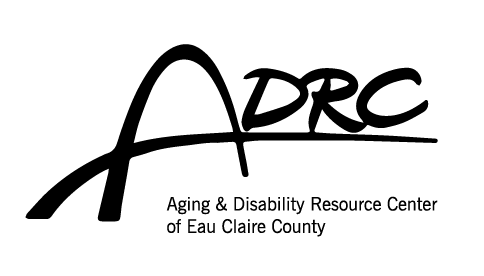Need a Boost? Check If You’re Eligible for a COVID-19 Booster
a number of folks are eligible for a COVID-19 booster, including everyone over 65

UPDATE Oct. 25, 2021: Not long after this issue was published, the Centers for Disease Control updated their booster shot guidelines, expanding eligibility to more people. Read the latest guidance on the CDC’s website.
You may have seen headlines about COVID-19 vaccine booster shots in the news recently. Like a lot of things about the coronavirus, some of what you’ve seen may have been confusing at best and downright misleading at worst.
So who should be ready to roll up their sleeves for another jab? In late September, the U.S. Centers for Disease Control announced that it was recommending a booster dose of the Pfizer-BioNTech COVID-19 vaccine for certain groups who had completed their original two-shot course of that vaccine at least six months ago.
“Our nation’s leading medical experts reviewed the available data and recommended COVID-19 vaccine booster doses be provided to some people who have received the Pfizer vaccine,” said Karen Timberlake, secretary-designee of the Wisconsin Department of Health Services. “Booster doses are another tool at our disposal to stop the spread of the highly transmissible Delta variant and slow the spread of COVID-19 in communities throughout Wisconsin.”
The recommendations include the following:
• People aged 65 and older and 50-64 year old people with certain medical conditions should get a booster shot of the Pfizer-BioNTech vaccine. According to the CDC, “The risk of severe illness from COVID-19 increases with age, and can also increase for adults of any age with underlying medical conditions.” (See the list below.)
• Adults 18 and older in long-term care settings should get a booster shot of the Pfizer-BioNTech vaccine. “Because residents in long-term care settings live closely together in group settings and are often older adults with underlying medical conditions, they are at increased risk of infection and severe illness from COVID-19,” the CDC says.
• Adults aged 18-49 years who have certain underlying medical conditions may get a booster shot of the Pfizer-BioNTech vaccine. These adults at increased risk for severe illness if they contract COVID-19, the CDC says, but their risk isn’t as high as those over 50 with underlying conditions.
• Adults aged 18-64 years at increased risk for COVID-19 exposure and transmission because of their occupational or institutional setting may get a booster shot of Pfizer-BioNTech vaccine. These include first responders, educational staff food and agricultural workers, manufacturing workers, corrections workers, Postal Service workers, public transit workers, and grocery store workers.
Currently, the CDC recommendations don’t apply to any other groups, nor to they apply to people who received their initial doses of the Moderna or Johnson & Johnson/Janssen vaccines.
And the CDC reminds the public that recommending booster shots doesn’t mean that vaccines aren’t work. “COVID-19 vaccines are working well to prevent severe illness, hospitalization, and death, even against the widely circulating Delta variant,” the agency says. “However, public health experts are starting to see reduced protection, especially among certain populations, against mild and moderate disease.”
Learn more about booster shots and other COVID-related topics at www.cdc.gov/coronavirus.
Underlying Conditions
- Cancer
- Chronic kidney disease
- Chronic lung diseases, including COPD
(chronic obstructive pulmonary disease), asthma (moderate-to-
severe), interstitial lung disease, cystic fibrosis, and pulmonary hypertension - Dementia or other neurological conditions
- Diabetes (type 1 or type 2)
- Down syndrome
- HIV infection
- Liver disease
- Heart conditions (such as heart failure, coronary artery disease,
cardiomyopathies or hypertension) - Immunocompromised state
(weakened immune system) - Overweight and obesity
- Pregnancy
- Sickle cell disease or thalassemia
- Smoking, current or former
- Solid organ or blood stem cell transplant
- Stroke or cerebrovascular disease,
which affects blood flow to the brain - Substance use disorders


